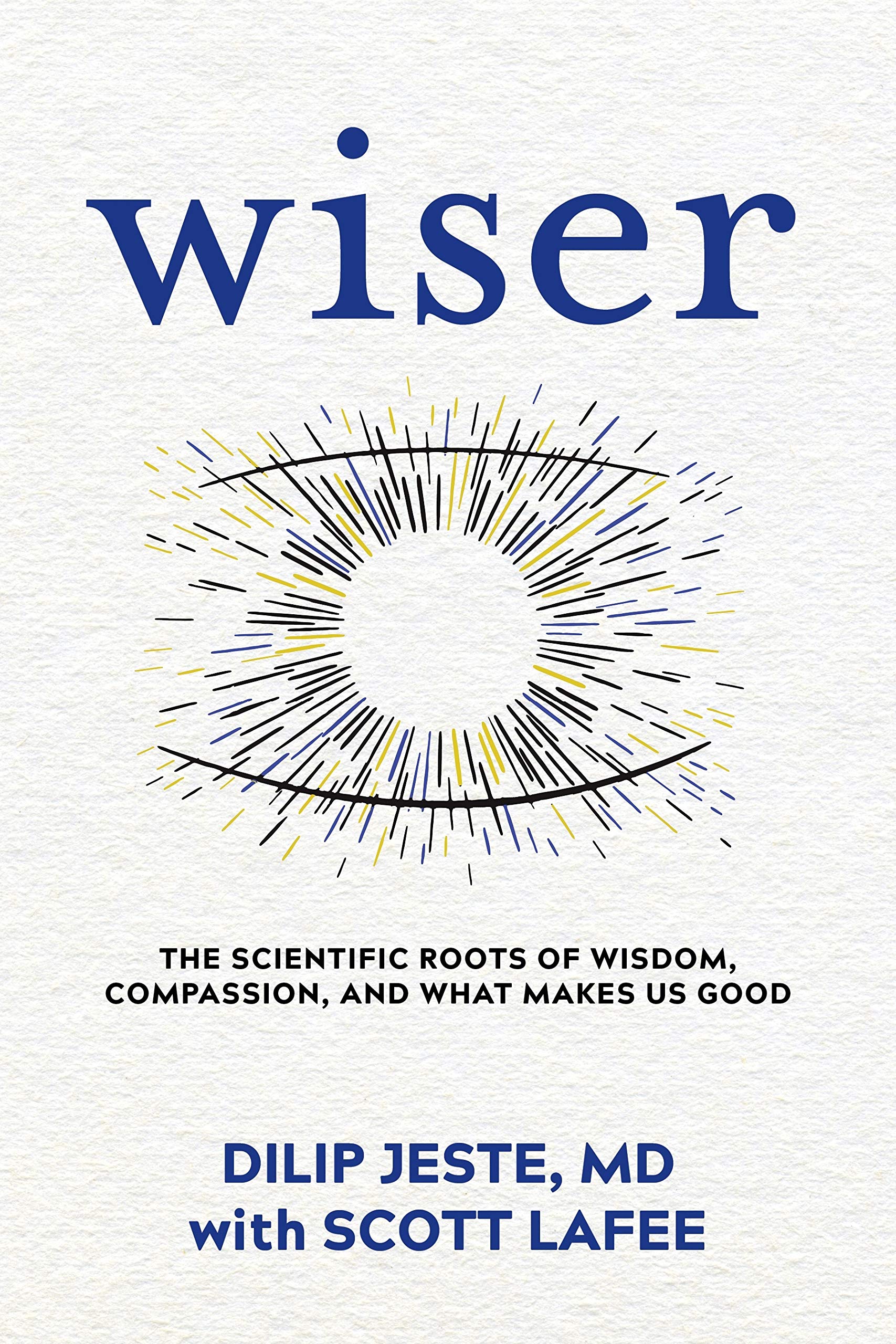You can be wise without being funny or with varying degrees of decisiveness. You cannot be wise if you lack empathy and compassion — for others and for yourself. Compassion and self-compassion should be balanced.
The historian Jon Meacham has noted that Franklin Delano Roosevelt possessed a remarkably robust ego, but it was tempered by “gifts of self- knowledge and a compassion for the plight of others, saving graces that enabled him to become one of a handful of truly great and transformative presidents.”
Roosevelt frequently shows up on lists of wise people. He was capable of bringing together and guiding a nation through the Great Depression and a world war (despite being constrained by a wheelchair for most of his adult life due to polio and Guillain-Barré syndrome).
He led millions of people, and his example, in this context, should be obvious: if you do not possess an abiding affinity and appreciation for others, known and unknown, then you are alone — and lost.
Traditionally, psychosocial interventions have sought to alleviate negative emotional states, but there is growing interest and realization that it’s important to cultivate positive emotional states and qualities too. A patient with deep-seated anger is far better served if that more difficult emotion is not merely moderated, but replaced with a filling sense of contentment, equanimity, and even joy.
In recent years, it has become increasingly clear that compassion can be trained. You aren’t born with all the compassion you will ever have. You can learn how to have more — and with it, greater wisdom.
In 2012, a group of researchers at Stanford University recruited a community sample of 100 adults who were randomly assigned to a nine-week compassion cultivation training program or to a control group on a waiting list. The goal of the study was to deter mine whether regular, everyday folks could be taught to be more compassionate.
Before and after the nine-week training period, participants completed self-reports measuring their compassion for others, how much compassion they received from others, and self-compassion.
The Stanford study found that compassion training, which relied substantially on guided meditation courses, improved all three domains of compassion in participants. They felt greater compassion for others. They received more from others. And they were more self-compassionate. The more participants practiced formal meditation, the greater their compassion.
Among the more popular ways to boost compassion and empathy for yourself and others is a form of meditation called loving kindness meditation (LKM), originally taught by Buddha, and mentioned briefly in chapter 5. It is intended to open and sweeten the mind, and thus life itself.
In essence, loving kindness meditation involves finding a quiet time and space, clearing your mind of contemporary thoughts and stresses, and replacing them with warm, caring, and grateful thoughts about others, whether a respected and beloved family member, mentor, someone you barely know, or an erstwhile enemy. By focusing entirely on positive thoughts and repeating mantras like “May you live with ease. May you be happy. May you be free of pain,” your own sense of well-being is lifted and strengthened.
Does it work? Many believe so. The 2016 study conducted by researchers at Cardiff University in the U.K. was a randomized controlled trial of lovingkindness meditation using mixed online methods. They recruited 809 adults in the U.K. and U.S. Half followed video-based instructions in loving kindness meditation, completed questionnaires, and used both online diaries and forums; the control half participated in a light physical exercise course. At the end of the study, which involved 10-minute daily sessions of loving kindness meditation for 20 days, participants were assessed on a variety of outcomes: satisfaction with life, depression, empathic concern, and altruism. Both the lovingkindness participants and those who took the light exercise course experienced an increased and generally similar boost in their sense of well-being, but those who underwent lovingkindness training described a richer variety of experiences, both personally and in dealing with others.
“Do I feel I am changing?” wrote one study participant. “A little. Not great Eureka moments, but I do find that I look around me more when I am out, and I notice more. As I pass people in the street, I really look at them and think about their lives. If they look ill, I wordlessly send them wishes for good health. Or if they look cold, I wish them warmth. Because of this, I now feel more involved in the local community and am beginning to see that I do belong here.” Self-compassion is just as important as compassion for others. We all make mistakes. We all fail from time to time. Failure is usually a better teacher than success. But when failure happens, you need to give yourself a break occasionally to better keep issues in perspective and your eye on the greater prize. Self-compassion can be learned too.
In a 2014 study by researchers at the University of Texas at Austin and in Germany, 52 female college students were randomly assigned to either an intervention designed to teach skills of self-compassion or an active control group intervention in which general time management skills were taught.
The self-compassion intervention consisted of three weekly group sessions learning how to be less judgmental about oneself, how to better connect with others, and how to become more mindful. Between sessions, participants had “homework” in which they tried to practice what they had learned.
At the end of the study, a variety of measures showed that the self-compassion intervention group displayed significantly greater increases in self-compassion, mindfulness, optimism, and self-efficacy than the active control group. They were also less prone to negative rumination, a cognitive process linked to depression.




